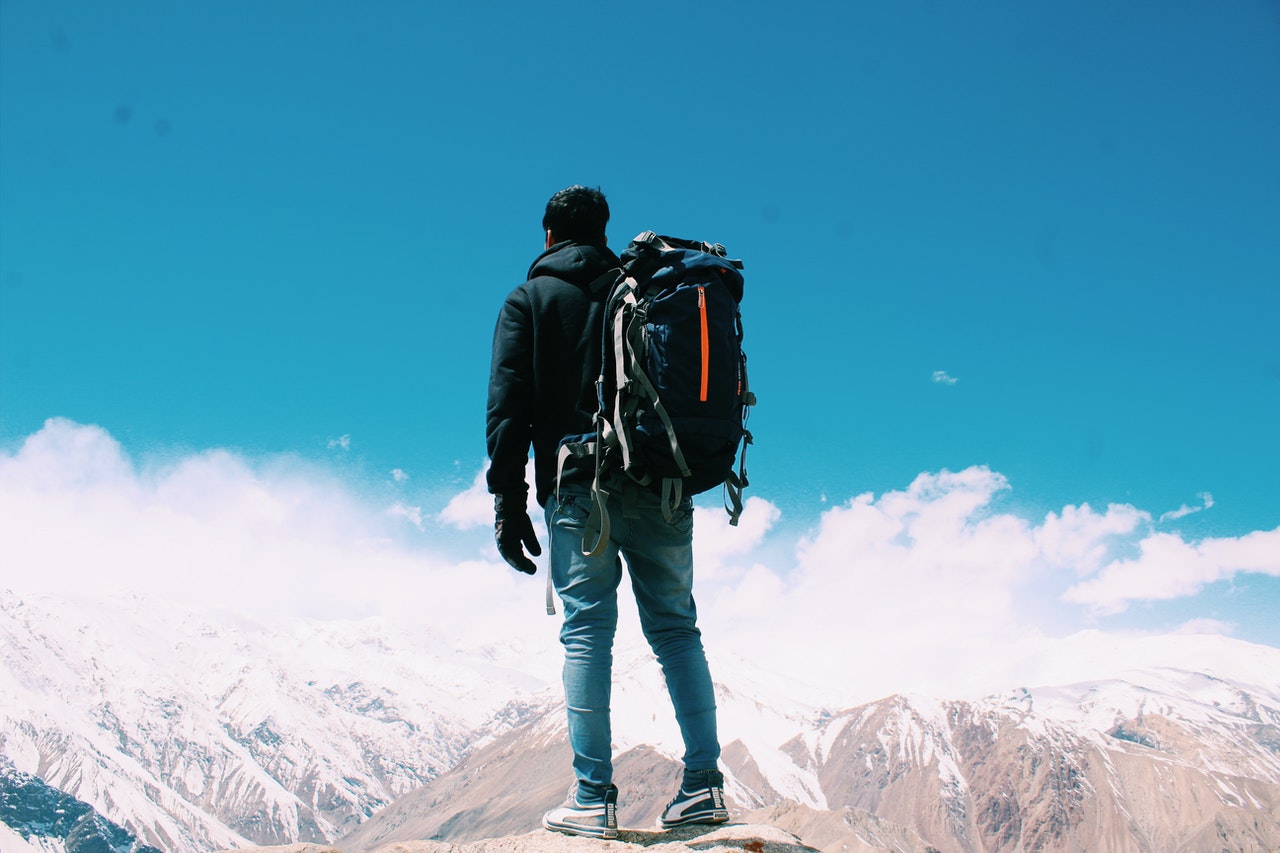
Hiking is a great activity both for your physical and mental health. In modern and fast living with a lot of stress and anxiety daily, connecting with nature and surround yourself with greenery is something that we all need, even if we’re not aware of that fact. Absorbing the stunning views and breathing the fresh air fuels our bodies and minds with amazing new energy. Not only that, hiking itself is a great way to clear your head and get your heart rate up while engaging almost all the muscles in your body and to enjoy recharging your batteries.
However, exploring the wilderness is not always the easiest thing to do, nor it’s the safest. Nature has its own rules, and they can often be cruel or at least different than the ones we’ve been used to. This is why it’s necessary to take some time to explore and get information about all the things you need to learn or have to enjoy hiking to the fullest while being safe and well-equipped.
Before you decide to go on a hike, there are some essentials you should pay attention to get prepared for all the unexpected things that can happen in a completely new life setting.
Here are some tips and tricks on where to start if you’re eager to make your adventure smart and mistake-free:
1. Good night rest is the best
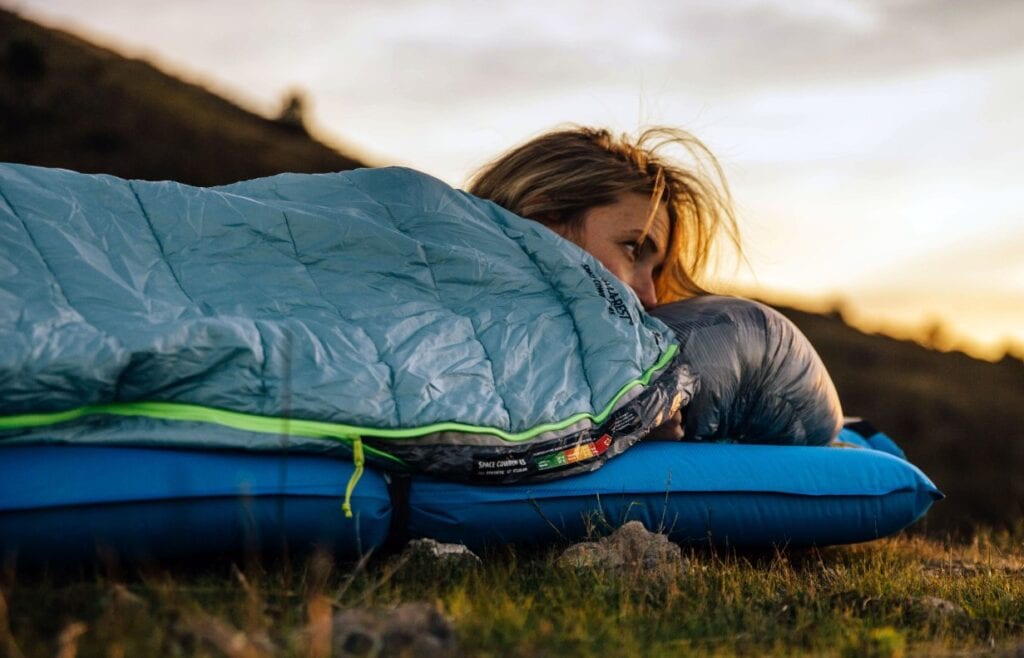
Being fresh, alert, and reactive is maybe the most important thing when you indulge in something new for you. Still, also if you’re an experienced hiker and you think you’re comfortable in knowing everything, that’s when you can easily be surprised with injuries and other problems considering that you don’t expect it at all. Luckily the solution to this problem is pretty simple. Just get a good night’s sleep and make sure that you’re not fatigued right before you go on your hiking trip and during the adventure itself. However, sleeping outside can be uncomfortable in many ways, so you might need some extra equipment that will help you feel cozy and rested. Sleeping pads are every bike’s best friends, whether for short picnic breaks or a whole night of sleep, so you might consider getting one on hikinggearlab.com. Make a smart plan, schedule the hours you need to rest appropriately, and consider every night’s sleep equally important as drinking enough water or having enough food.
2. Get the right hiking equipment
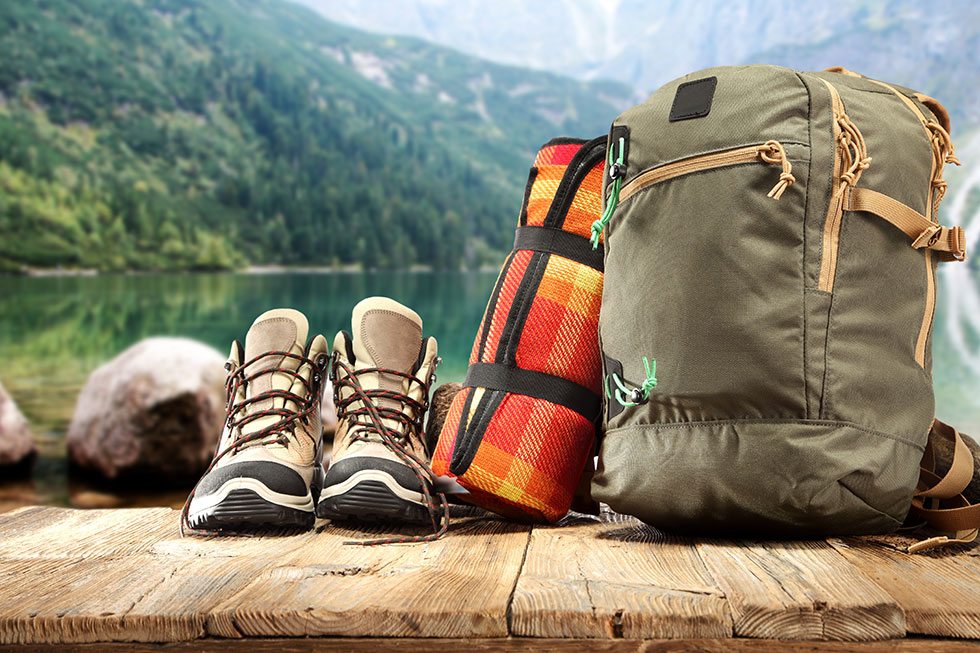
Things such as a firestarter or a first aid kit, a knife, or a flashlight may sound silly but are extremely useful in hiking conditions because you never know what could happen next. An extra bottle of water is a must, along with a raincoat. Preparation is key, so you want to bring your map with you and not solely rely on your navigation system because frequently, there’s no cell service, and you have to know how to use and read paper maps. Having a compass is crucial if you want to orientate yourself and find your way back if you get lost somewhere in an area that’s not familiar to you. Investing your money in a pair of hiking boots that are high quality can help you prevent many injuries and superficial blisters that can be frustrating when you walk long distances. So you should consider spending more money on them, even if they seem too expensive. Sunscreen, bug sprays, protein bars, and sunglasses are small things in your backpack that can make a big difference. You can even bring two hats with you, as well as a pair of extra socks since the weather can be icy at the top of the mountain you’re climbing onto.
However, the paper map is not the only thing that can help travelers. More precisely, the map can also come in a digital form. For instance, according to Chad Kimball, there is one program that can help people protect themselves when hiking as well. It is something that people should have in mind.
3. Let someone know where you are
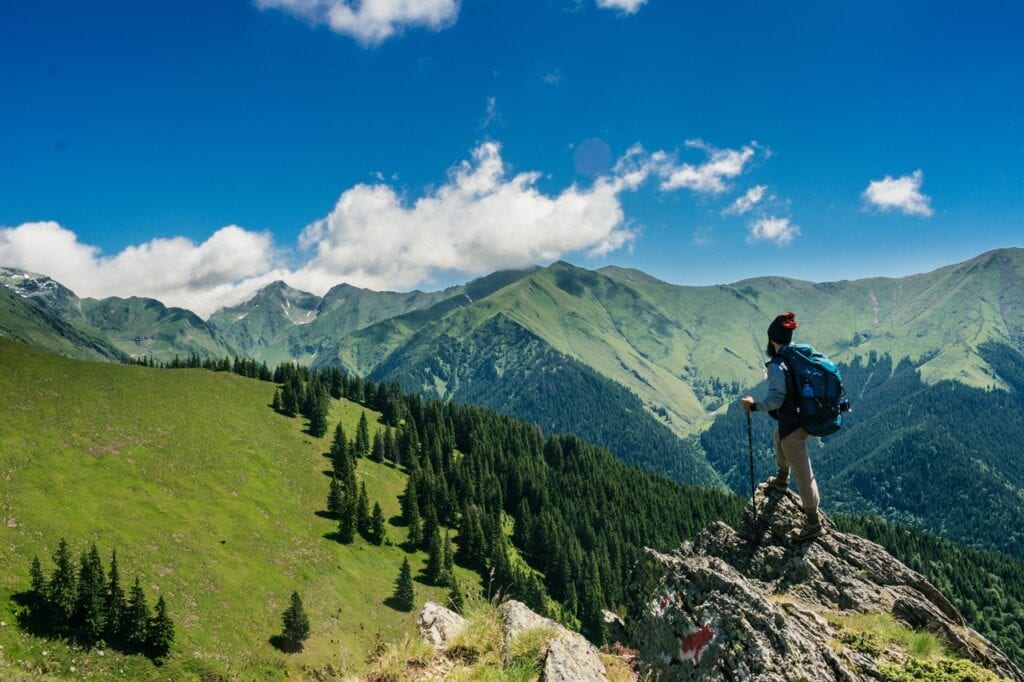
Always let someone know where you’re going and who you are with, as well as at what time do you expect to be back. The reason behind this is — that person will know that something went wrong if you don’t come back until the scheduled time for getting back, and they are going to be able to call for help and take care of you if needed. Also, check-in with them several times during your hike just to let them know you’re ok. It would be best if you share your emergency plan with the people you are with, as well as the people you’ve talked about your route. Try to hike in a larger group of people, so there’s always one or two persons able to get help while leaving the others to wait. It’s important that someone has your back in life and that you can count on someone, but it’s been even more emphasized in potentially dangerous situations like this.
4. Do your homework
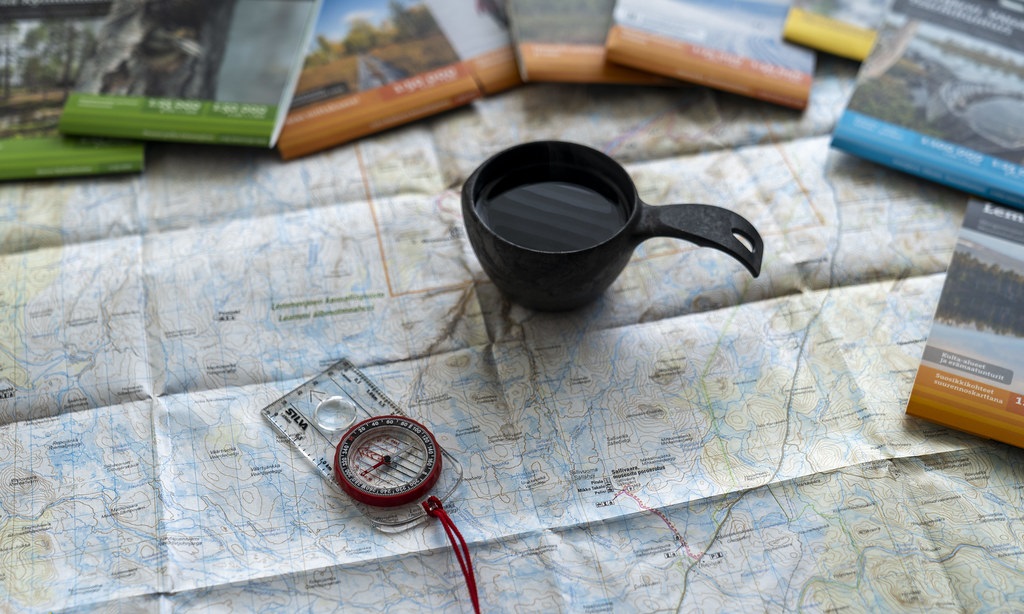
Before you go on a hike, make sure to consult some of the park rangers and equip yourself with information about all the safety tips and tricks they have for the area you’re planning to visit. You can also call the Park office before you go for a hike or before and after finishing your hike. This way, you will get a good portion of what you can expect what you should pay attention to. Of course, the essential information about our flora and fauna, fallen trees, rockslides, local wild animals, individual poisonous plants, hunting areas, and all other stuff that can make you more familiar with the territory you’re about to visit. It’s not a secret that the most dangerous encounters are the ones that came by surprise, so don’t allow that to happen.
Hiking can be physically hard for many hikers, no matter their fitness backgrounds or experience levels, so just as before the hike, you need to get rest immediately after. Listen to your body and be aware that resting is just as important as hiking itself. Do not ignore your injuries or pain and obtain some medical help if you need it, or a simple message for your sore muscles. Take care not only of your body but of your gear as well. Don’t leave your backpack stashed in your truck but clean out your snack containers, water bottles, and other items. Store some of them where they won’t get too hot or too cold, and don’t forget to share the info about your excellent experience with like-minded people so that you raise awareness about the importance of spending time in nature!




